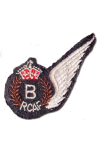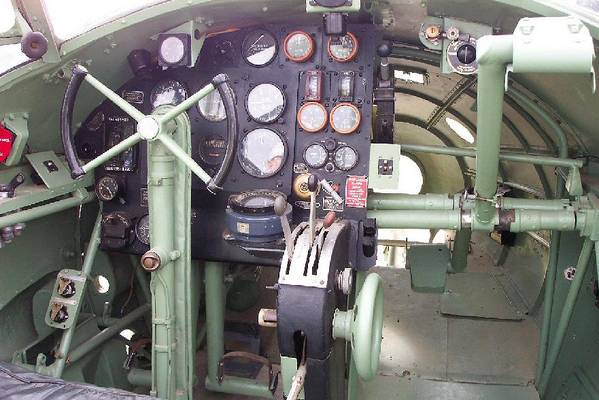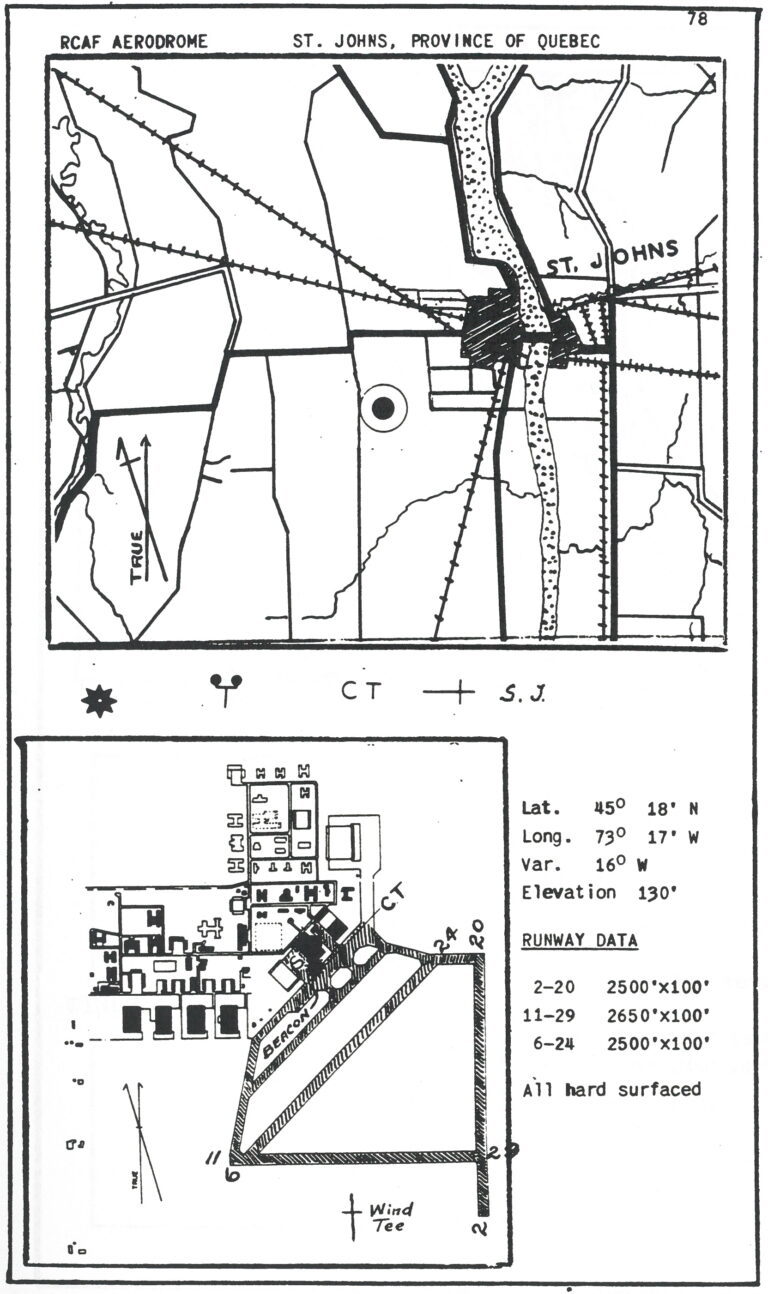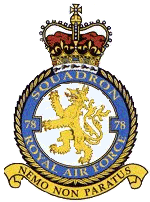British Commonwealth Air Training Plan:
Air Observer School
December 1942 |
28th |
TOS No.9 St. Jean (St. John), Quebec |
Recruits going into air bombing were trained not only to drop bombs accurately, but to assist navigators as well. They spent 8 to 12 weeks at B&GS and six weeks at an AOS
For William Uyen this training on st Jean was don in a AVRO Anson
between December 1942 and February 1943
February 1943 |
5th |
#9AOS bomber officer P/O awarded air bomber badge special reserve |
|
6th--19th |
William is on Leave for two weeks and after that, |
|
19th |
SOS St. Jean, Quebec |
Cocpit of a AVRO Anson
Air Observers were called ‘navigators’. Navigational training began at ITS where all students were introduced to tools such as compasses, sextants, drift recorders, and manual computers.
Concepts such as air speed relative to ground speed, track, and drift were introduced.
At AOS, the student’s most challenging task was to master the art of ‘dead-reckoning’ -a combination of
careful calculations and accurate measurement by which a navigator could determine the position of an aircraft in flight and plot its course from point to point. The work became progressively more difficult as cross winds,
variable airspeeds, variable altitudes, compass bearings, windspeeds and direction had to be measured and
properly accounted for. More advanced techniques utilized direction-finding radio and star-based
observations and calculations.
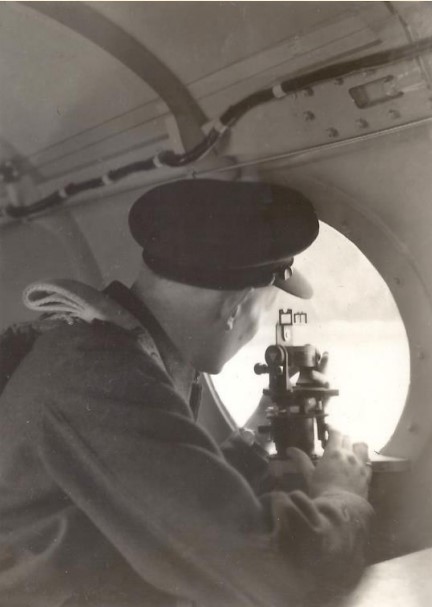
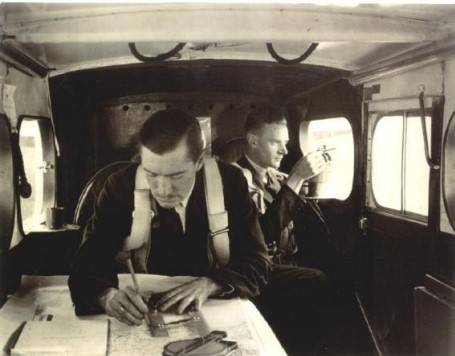
February 19, 1943. Wing Parade, William Uyen was one of the 9 Air Bombers and 23 Navigators by whom the wings were pinned by Squadron Leader R.J. Gray, the Chief Supervisory Officer.
Observation
And Calculation
RCAF Aerodrome St Jean (St John), Quebec. Image from the RCAF Pilots Manual of Aerodromes and Seaplane Bases c.1942
Daily diary during the stay of William Uyen in st. John Quebec
William Uyen
November 18, 1943 HisStory during the Air-battle of Berlin March 31, 1944
Navigation
